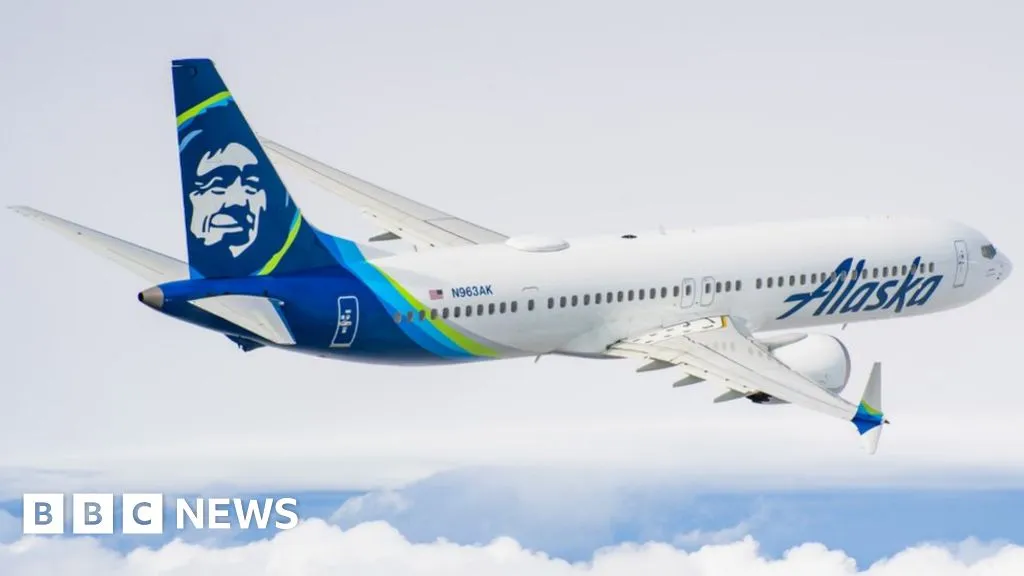Boeing: How much trouble is the company in?
Boeing: How much trouble is the company in?

Boeing: How much trouble is the company in?

"It's as if I'm watching a troubled child" is how Captain Dennis Tajer describes flying a Boeing 737 Max.
"The culture at Boeing has been toxic to trust for over a decade now," (Adam Dickson, a former senior manager at Boeing) says.
Five years ago Boeing faced one of the biggest scandals in its history, after two brand new 737 Max planes were lost in almost identical accidents that cost 346 lives.
The cause was flawed flight control software, details of which it was accused of deliberately concealing from regulators.
Meanwhile, further evidence of how production problems could endanger safety emerged this week.
The FAA warned that improperly installed wiring bundles on 737 Max planes could become damaged, leading to controls on the wings deploying unexpectedly, and making the aircraft start to roll.
If not addressed, it said, this "could result in loss of control of the airplane". Hundreds of planes already in service will have to be checked as a result.